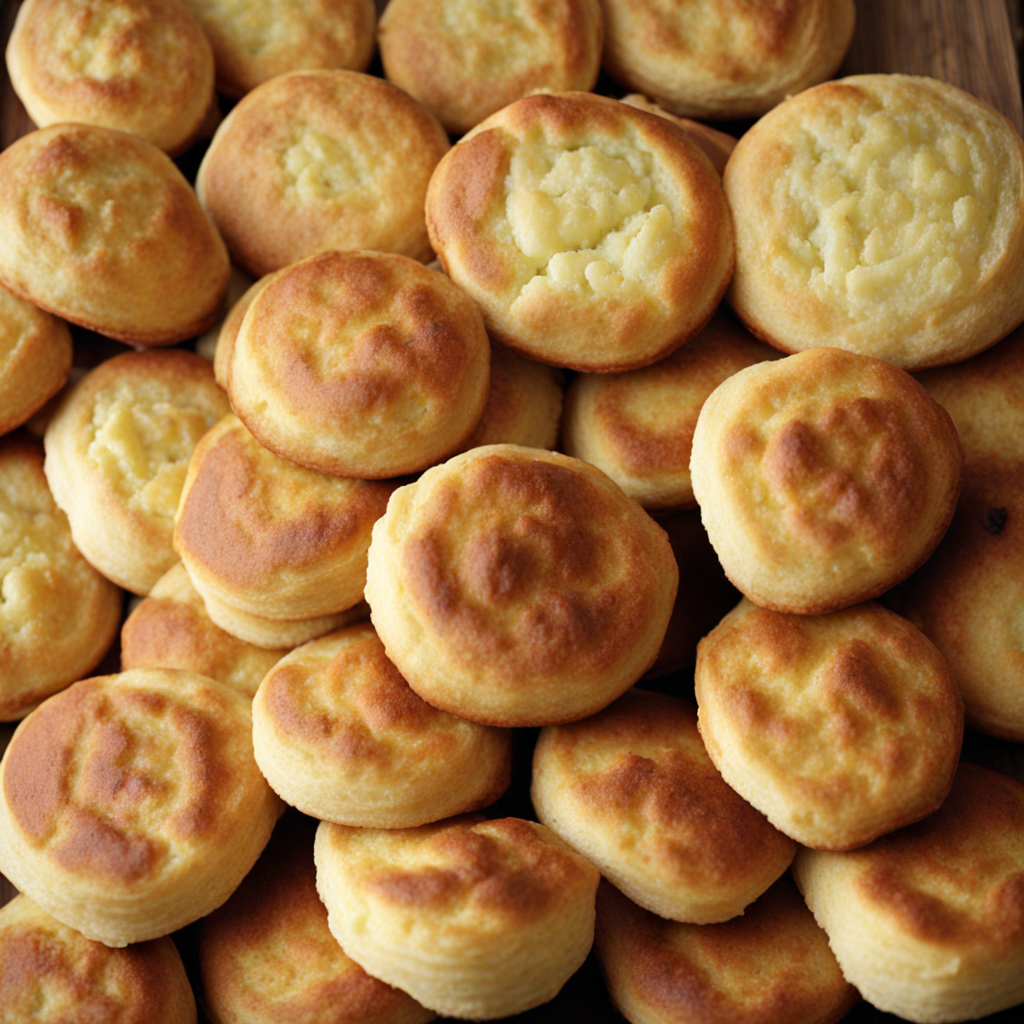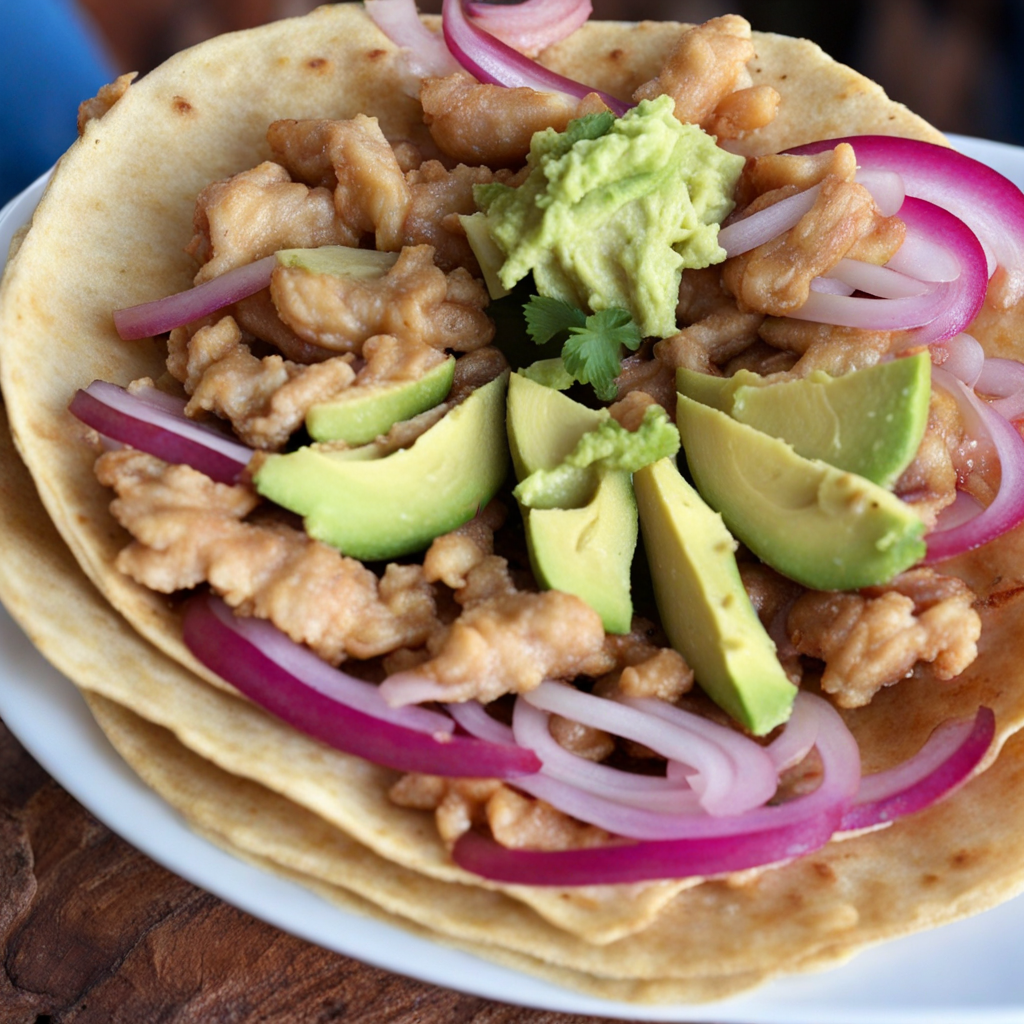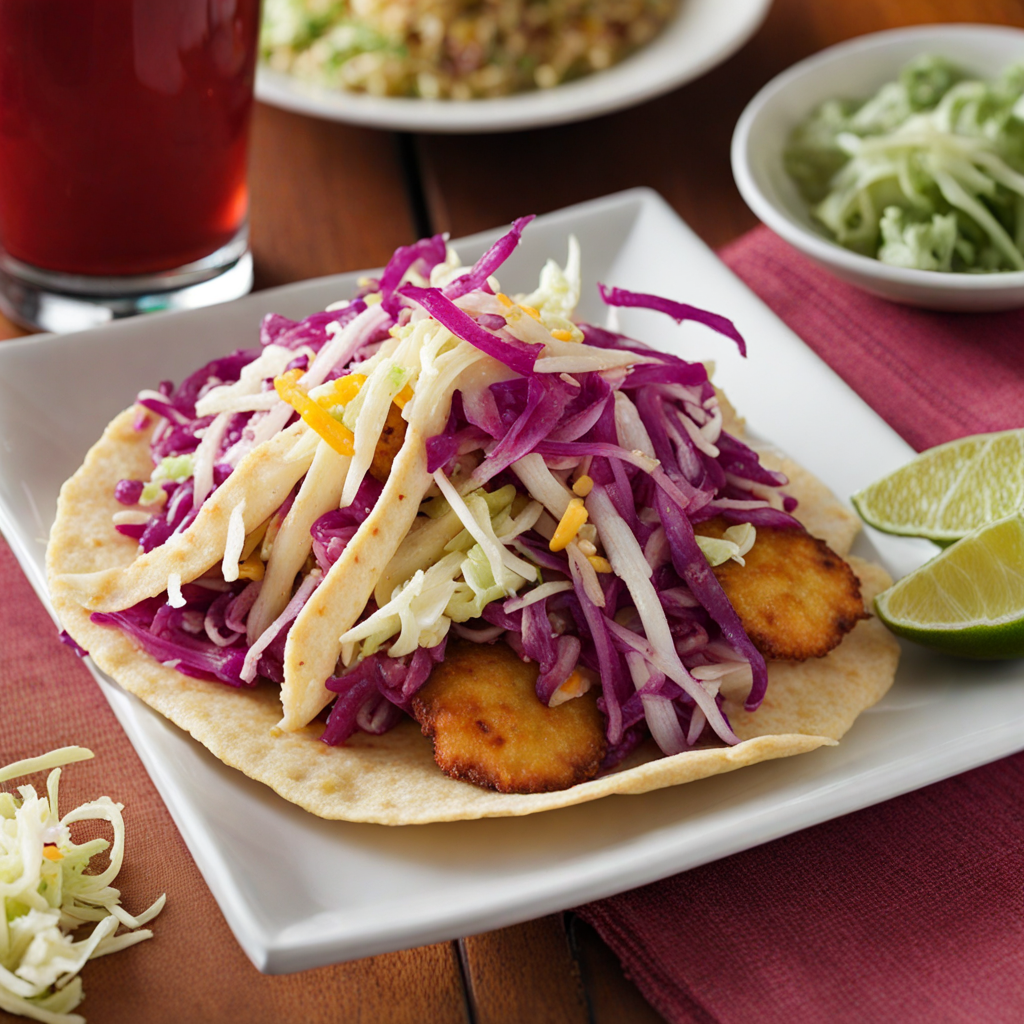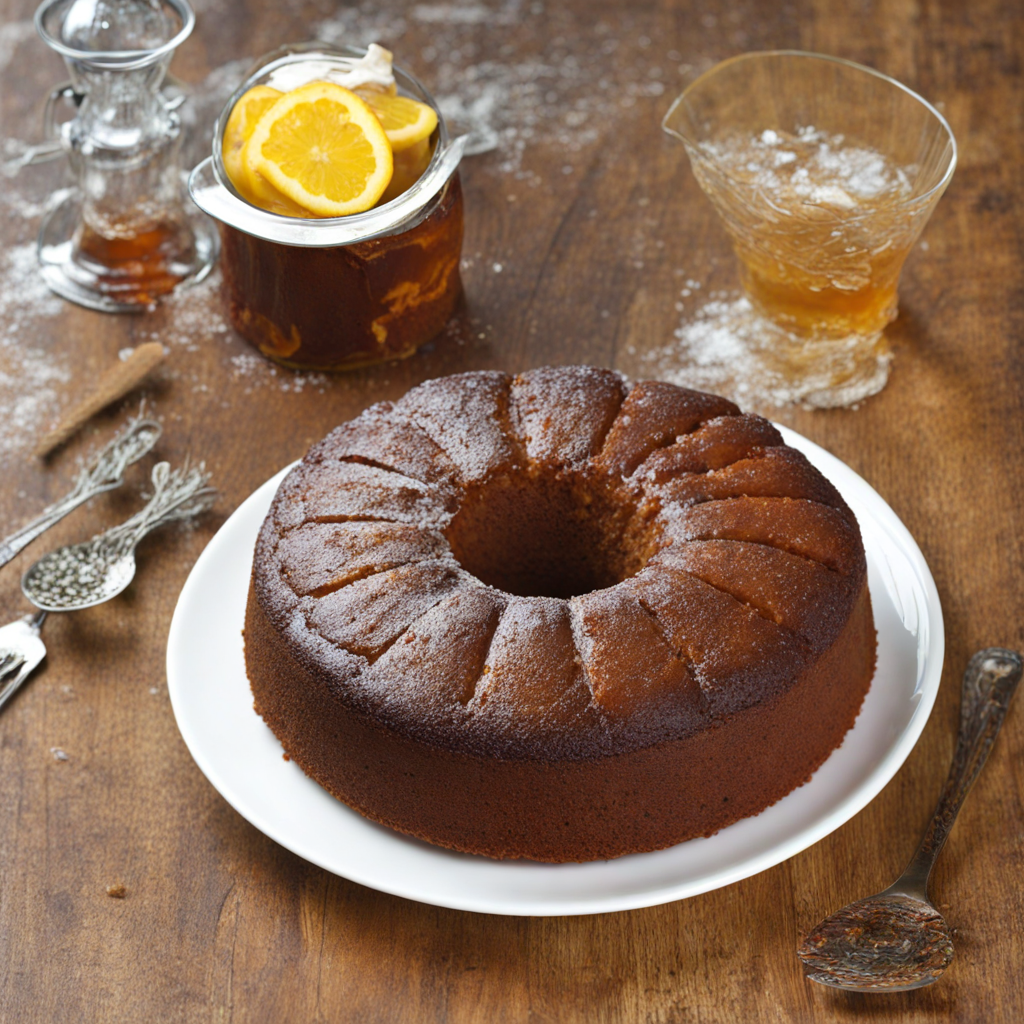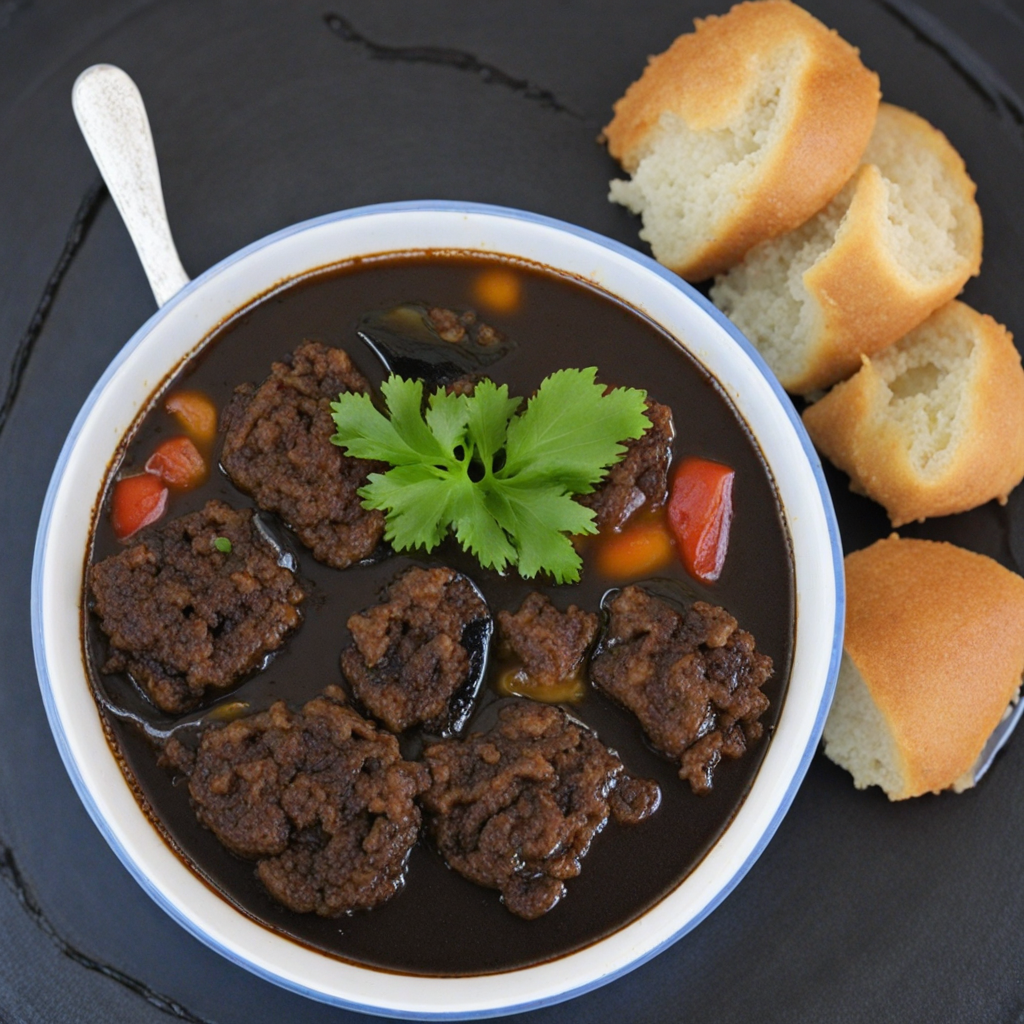Johnny Cakes
Johnny Cakes, a beloved staple in Belizean cuisine, are delightful cornmeal cakes that embody the simplicity and richness of local flavors. Made primarily from masa harina or finely ground cornmeal, these cakes are mixed with water, salt, and sometimes a touch of sugar for a hint of sweetness. The batter is then shaped into thick, round discs and fried until golden brown, resulting in a crispy exterior that gives way to a soft and slightly chewy interior. Each bite offers a comforting, slightly nutty flavor that pairs beautifully with a variety of toppings and accompaniments. Traditionally served as a side dish, Johnny Cakes are often enjoyed with stews, beans, or an array of sauces that showcase the vibrant spices of Belizean cooking. They can also be served with butter, jam, or even cheese for a more indulgent treat. The versatility of Johnny Cakes makes them a perfect canvas for different flavors, whether you're looking for a hearty meal or a light snack. Their texture and taste can evoke a sense of nostalgia, reminiscent of the warm, welcoming kitchens found throughout Belize. The cultural significance of Johnny Cakes is deeply rooted in Belizean heritage, often accompanying family gatherings and celebrations. Their humble ingredients and straightforward preparation reflect the resourcefulness of the people, allowing for variations that incorporate local produce and ingredients. Many Belizeans have their own cherished family recipes, adding unique twists that make each version special. Discovering Johnny Cakes is not just about tasting a dish; it's about experiencing a piece of Belizean culture, where simplicity meets flavor in every bite.
How It Became This Dish
The History of Johnny Cakes in Belize: A Culinary Journey Johnny cakes, a delightful and simple dish, hold a cherished place in the culinary landscape of Belize. These cornmeal cakes are not just food; they are a testament to the rich tapestry of cultures, traditions, and histories that have shaped Belizean society. To truly appreciate Johnny cakes, it is essential to delve into their origins, cultural significance, and how they have evolved over time. #### Origins: A Culinary Legacy of Corn The origins of Johnny cakes can be traced back to the indigenous peoples of the Americas, particularly the Maya, who were among the first inhabitants of what is now Belize. The Maya cultivated maize (corn) as a staple food source, and it formed the foundation of their diet. They prepared various dishes using corn, including tortillas and tamales, which are still integral to Belizean cuisine today. The name "Johnny cake" is believed to have originated from the English-speaking Caribbean, where similar cornmeal cakes are known by various names, including "journey cake" or "jonnycake." The term "journey cake" suggests that these cakes were easy to transport and could sustain travelers on long journeys. As British colonization expanded into the Caribbean and Central America, this culinary tradition found its way to Belize, merging with local ingredients and customs. #### Cultural Significance: A Symbol of Community and Family In Belize, Johnny cakes have transcended their simple ingredients to become a symbol of community and family. Traditionally, they are made from cornmeal, water, and salt, and are fried until golden brown. The straightforward recipe reflects the resourcefulness of Belizeans, who have historically relied on locally available ingredients to create delicious meals. Johnny cakes are often served during family gatherings, celebrations, and communal events. They are typically enjoyed with a variety of accompaniments, including beans, stews, or as a side to dishes like fried fish or jerk chicken. The act of making Johnny cakes is often a communal effort, drawing families and friends together in the kitchen, reinforcing familial bonds and cultural identity. In many Belizean households, Johnny cakes are a beloved breakfast item, enjoyed with coffee or hot chocolate. They also serve as a quick snack or a staple during festive occasions. The cakes are particularly popular during holidays and celebrations, where they are often featured alongside traditional dishes, showcasing the cultural diversity of Belize. #### Evolution Over Time: From Tradition to Modernity As Belize has evolved, so too has the preparation and presentation of Johnny cakes. While the basic recipe remains largely unchanged, modern interpretations have emerged, reflecting the influences of globalization and culinary innovation. Today, you might find Johnny cakes served with a variety of fillings or toppings, such as cheese, avocado, or even spicy sauces, catering to contemporary palates. The integration of Johnny cakes into Belize’s culinary tourism has also played a significant role in their evolution. As Belize has become a popular destination for tourists seeking authentic culinary experiences, local chefs and home cooks have begun to showcase traditional dishes, including Johnny cakes, in new and creative ways. Cooking classes, food festivals, and culinary tours often feature Johnny cakes, allowing visitors to connect with the local culture while savoring this beloved dish. #### The Global Influence: Johnny Cakes Beyond Belize Johnny cakes have not only remained a staple in Belize but have also found their way into other parts of the Caribbean and Central America, adapting to local tastes and cooking styles. In places like Jamaica and Trinidad, variations of Johnny cakes exist, often incorporating local spices and ingredients. In these regions, they might be known as "festival" or "bake," and are often served with fried fish or jerk chicken. Despite these regional variations, the essence of Johnny cakes remains the same: a simple, hearty food that brings people together. The adaptability of Johnny cakes speaks to their universal appeal, transcending cultural boundaries and becoming a shared culinary heritage. #### The Contemporary Scene: Keeping Tradition Alive In recent years, there has been a resurgence of interest in traditional Belizean cuisine, with chefs and home cooks embracing the idea of using local, sustainable ingredients to create authentic dishes. Johnny cakes have taken center stage in this movement, serving as a symbol of Belize's rich culinary history. Local markets and restaurants have begun to feature artisanal versions of Johnny cakes, often using heirloom varieties of corn and organic ingredients. This revival not only honors traditional cooking methods but also supports local farmers and sustainable practices. The emphasis on quality ingredients has led to a renewed appreciation for the humble Johnny cake, elevating it from a simple dish to a culinary highlight. #### Conclusion: A Delicious Legacy Johnny cakes are more than just a traditional food in Belize; they are a reflection of the country's history, cultural significance, and evolving culinary landscape. From their origins among the ancient Maya to their contemporary role in Belizean society, Johnny cakes embody the spirit of community, family, and resilience. As Belize continues to embrace its diverse culinary heritage, Johnny cakes stand as a delicious legacy, bridging the past with the present, and inviting people from all walks of life to share in the joy of simple, wholesome food. Whether enjoyed at a family gathering, a festive celebration, or as part of a culinary adventure, Johnny cakes remain a beloved cornerstone of Belizean culture—an enduring symbol of home and hospitality.
You may like
Discover local flavors from Belize



